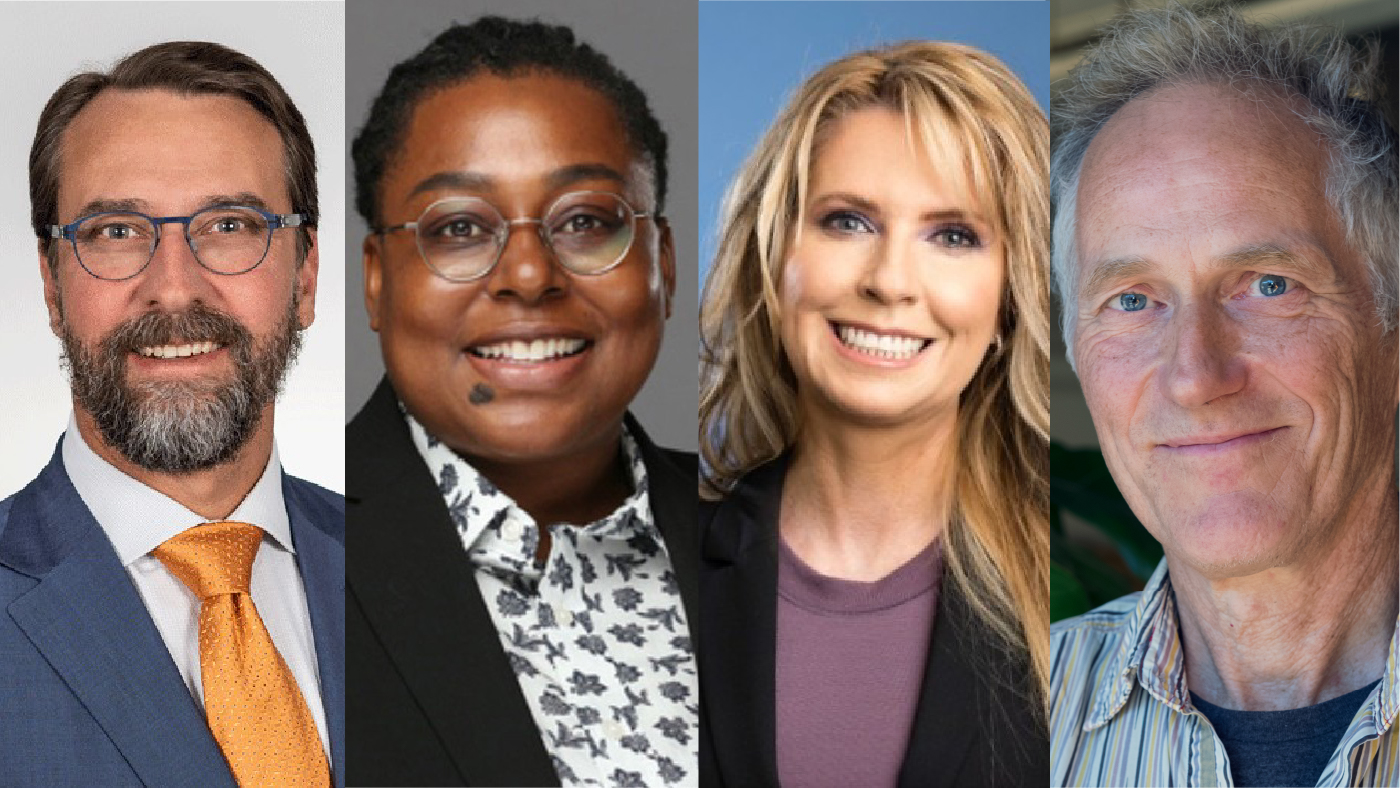Seattle University School of Law hosted some of the nation’s top technology law experts during its Seventh Annual Innovation and Technology Law Conference on the theme of “Generative AI: Infringement or Innovation?” as part of the Summer Institute for Technology, Innovation, and Entrepreneurship (SITIE).
The conference, organized by Professor Steven Bender, co-director of the school’s Technology, Innovation Law, and Ethics (TILE) Program and associate dean for Planning and Strategic Initiatives, covered a variety of novel legal issues spurred by the advent of generative artificial intelligence. These include how generative AI can be used by lawyers and law students currently, whether the outputs generated by AI are protectible under copyright law, whether the AI inputs can rely on the work of journalists, writers, artists, and other content creators without attribution or compensation, the ways in which AI generators can be held legally liable for harms they cause, and other timely topics.
Victoria Haneman, associate dean of Research and Innovation and Frank J. Kellegher Professor of Trusts and Estates at Creighton University School of Law, gave the keynote presentation on “Digital Resurrection: Immortality or Imposter?,” in which she discussed the legal and ethical issues of creating digital AI avatars of deceased persons and who should have control over that resurrected presence — the deceased or survivors.
A host of prominent names in the technology field participated in panels, including Tim O'Reilly, founder and CEO of O'Reilly Media Inc. and a visiting professor at the University College London Institute for Innovation and Public Purpose.
Other panelists were: Seattle University Associate Professor Juan Carlos Reyes; Chicago-Kent College of Law Professor and Intellectual Property Law Program Director Edward Lee; Emory University Law School Professor Matthew Sag; Steve Cohen of Pollock Cohen LLP, who is counsel for voice actors conducting a class action lawsuit against an AI company; Ian Crosby of Susman Godfrey L.L.P., who is counsel for New York Times v. OpenAI and Microsoft; Joseph R. Saveri, who is counsel for Sarah Silverman et al. v. OpenAI and Meta, among many other similar lawsuits; University of Alabama School of Law Professor and Artificial Intelligence Initiative Director Yonathan Arbel; award-winning entertainment attorney Moorisha Bey-Taylor, who represents creatives; Sarah Duran of Davis Wright Tremaine LLP, and Heather Johnson, systems director at SubPop Records.
Professor Margaret Chon, co-director of the TILE Program and a conference moderator, said AI is a timely topic, not just in the world of technology law, but in every area of law and all facets of society.
“AI is everywhere. You can’t avoid it. It’s testing all of our different areas of law,” Chon said. “AI is certainly the biggest technological development we’re covering in the TILE Program.”
Chon said the prevalence of AI has created a significant moment in history. She noted that AI can be used for many positive purposes, but new laws are needed to address its harms.
“It is as big of a game-changer as the internet was in the early 1990s,” she said. “We’re at a very similar moment right now.”
Seattle U Law faculty who spoke at the conference included LeighAnne Thompson, associate director of the TILE Program and Law Library Digital Innovation director, Professor Mark Chinen, whose latest book, “The International Governance of Artificial Intelligence,” was published last year, and Adjunct Professor Robert Cumbow of Miller Nash LLP. Bender, Chon, and Steve Tapia, Distinguished Practitioner in Residence, moderated panels throughout the day.
The TILE Program helps students pursuing JD, Master of Legal Studies (MLS), Master of Laws (LLM), and Doctor of Juridical Science (SJD) degrees learn about the legal disciplines and ethical principles needed for a career in one of the many technology-related areas of law. The program includes more than 30 tech-focused courses and legal clinics, dozens of internships and externships at some of the leading tech companies in the world — including Amazon, Microsoft, and Expedia — multiple tech-focused student organizations, a student journal, and numerous professional opportunities in the sector.
Taught by nine distinguished career faculty members and a host of adjunct professors, all with significant expertise in technology and innovation law, the program’s foundation rests on three primary areas of focus that are integral to practicing law in the technology space:
- Ethics and entrepreneurship, such as technology ethics and the effective representation of entrepreneurs;
- Intellectual property, including copyright, patent, and trademark law; and
- Transformative technologies, including artificial intelligence, blockchain, cybersecurity, the Internet, and privacy.
A video of the conference can be viewed here.

